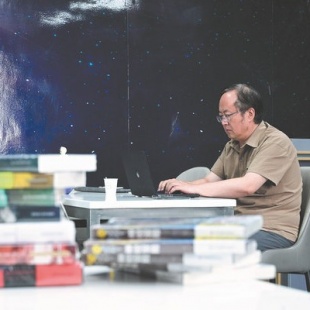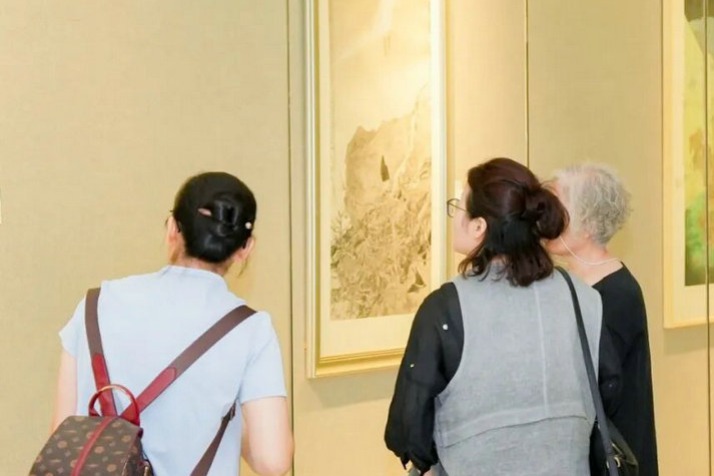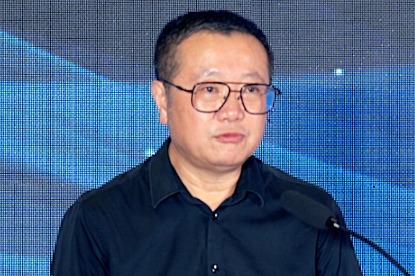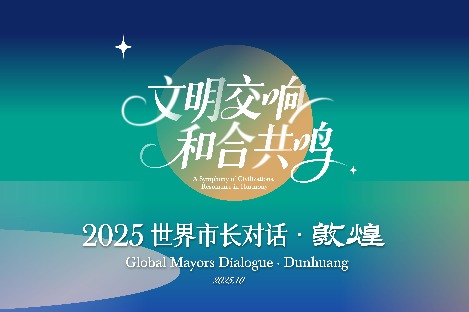Writing the future of feelings
Chinese authors explore shifting realities and emotional frontiers as technology transforms storytelling, Yang Yang reports.

He observes that over the past three decades, literature's traditional roles — as a source of entertainment, knowledge, and information — have been increasingly taken over by various alternatives, such as video games and social media. As a result, literature seems to have become increasingly niche.
Literature is the cultural pulse of Chinese civilization, Wang says, a belief that compels him to ask: under the impact of information technology and artificial intelligence, what remains of literature, and what can it still offer humanity?
"For people like myself who are still creating literary works, I have to find answers to these questions, which is the starting point of this story," he says.
He observes that literature must mirror its time, but few works capture today's rapidly changing world, as many still cling to 19th or 20th-century mindsets.
Among the most profound transformations is how people experience and process emotions. With the rise of the internet, a home-centered lifestyle has become prevalent worldwide, altering the ways people address their emotional needs.
In his short story, future societies use medical treatments to eliminate negative emotions. Wang admits that it is actually a rather conservative idea by today's standards, noting that last year, a news report described a severely depressed person receiving a brain implant that, when activated, alleviates negative feelings.





































